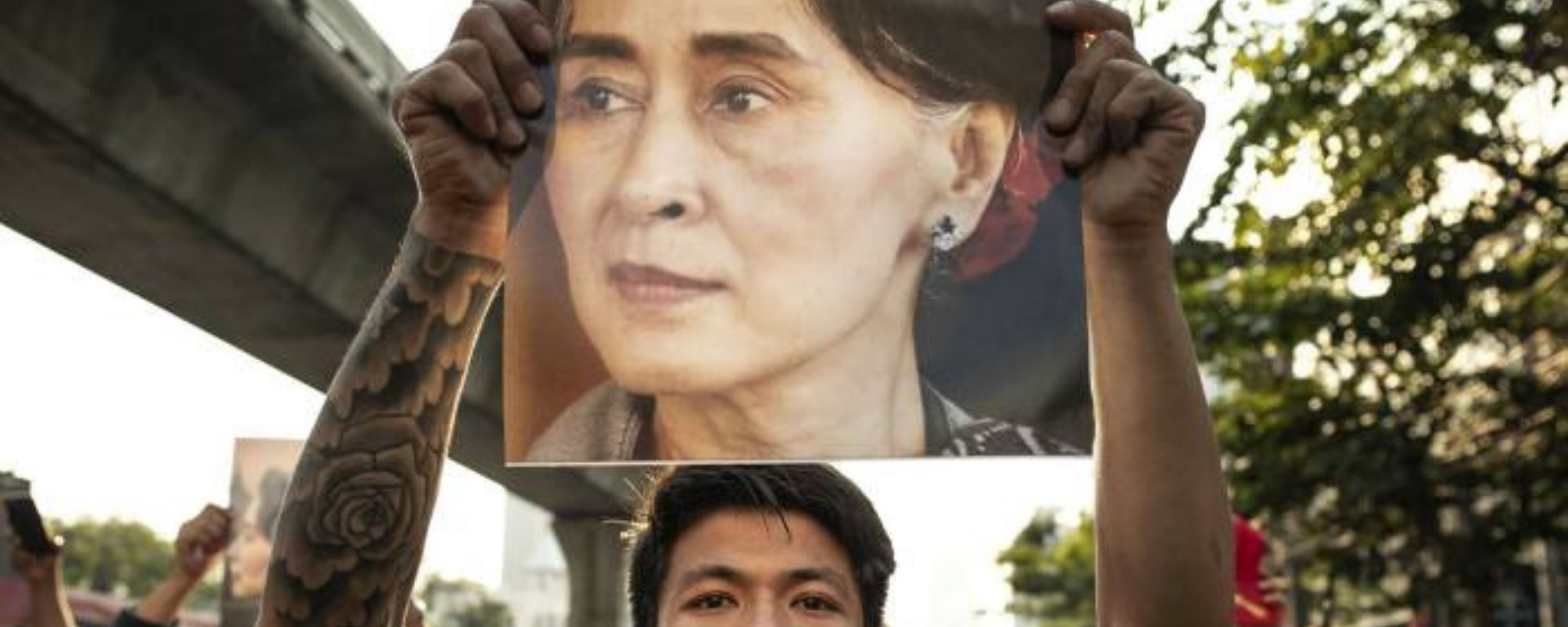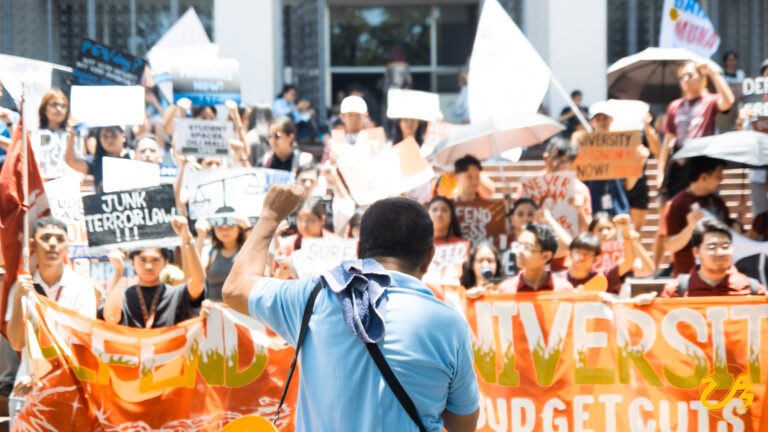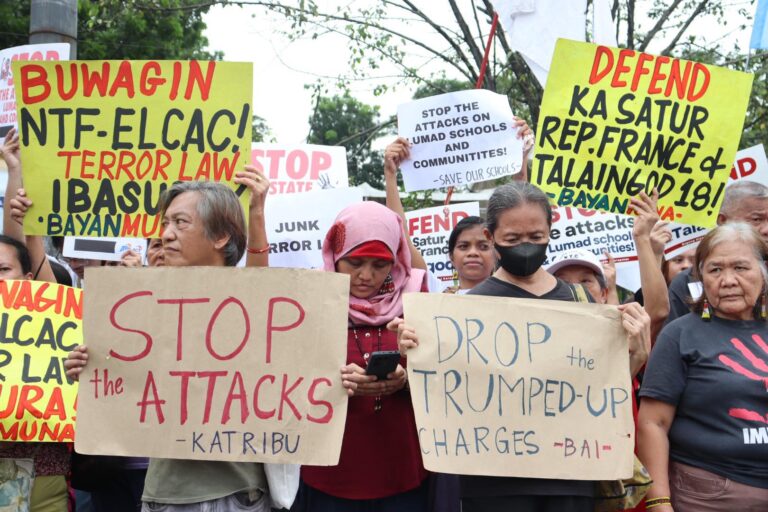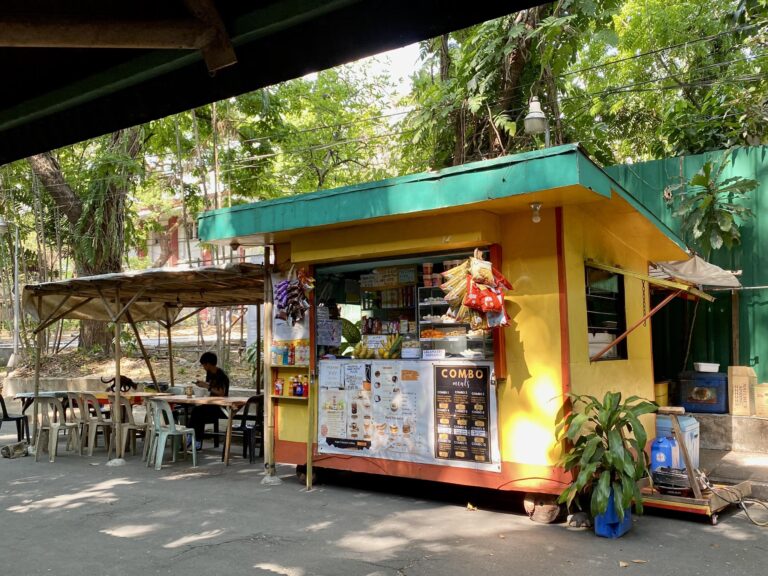
Seven months after human rights activist and Myanmar’s democracy icon Aung San Suu Kyi’s house arrest following the military’s deposition of her National League for Democracy (NLD) government in a February coup, Myanmar’s junta will put her on trial for corruption.
Suu Kyi is currently on trial for illegally importing walkie talkies and sedition during polls in the NLD won last year, in non-compliance with COVID-19 restrictions. Starting October 1, she will face four corruption charges, each carrying a maximum sentence of 15 years. While yet to come to court, she has also been charged for allegedly accepting illegal payments of gold and for violating a colonial-era secrecy law.
Allegations of voter fraud against the democratically elected NLD government as it trounced a political party in coordination with the military during the 2020 polls led to its deposition.
For 15 years, Suu Kyi has been sporadically placed on house arrests from July 1989 to November 2010. There have been attempts by the military regime to physically attack her in 1996 and 2003, where she only escaped by a hair.
Eleven years after her previous house arrest, she was placed in another one by soldiers on the morning of February 1 this year. She was reportedly moved to an “unknown location” on May 23. The regime filed 10 cases against her succeeding her first in-person appearance at a special court in Naypyitaw the next day. As her lawyers are the only outsiders authorized for her to see for brief meetings in preparation for her weekly hearings, they are her bridge to the public.
Campaigners and lawyers believe that the junta is breaching Suu Kyi’s human rights as her whereabouts are kept secret from her, her family, and the public. Other figures of the NLD such as President U Win Myint and its cabinet members have also been detained on the day of the coup.
One of Suu Kyi’s lawyers and former political prisoner U Khin Maung Zau stated that “keeping political detainees’ whereabouts is not uncommon in Myanmar.” Myanmar has been controlled by the military regime for 50 years since the 1960s, and again this year.
Suu Kyi’s detainment gives her captors the upper hand with her isolation threatening her health and safety. Earlier this week, she was sick and unavailable for a hearing.
Civilian armed resistance has upset Myanmar’s economy, while the shadow government formed by Suu Kyi’s party declares war against the junta. Over 8,000 people have been detained by the junta, and 1,100 killed.
In direct parallels with the Duterte regime’s lackluster and militaristic response to the pandemic, the people’s human rights have likewise been severely violated.
From the bloody “war on drugs” campaign that massacred thousands of citizens, the ratification of the Anti-terror Law, the BFP Modernization Actthat would arm our firemen, the increased budget of the NTF-ELCAC, to the implementation of mere lockdowns to contain the pandemic –– and “to shoot them [quarantine violators] dead,” it reflects the gruesome reality of the Duterte regime.
The abuse of such power thwarts the nation’s duty to assert and uphold civil liberties and human rights. Duterte‘s overt resemblance with the dictator Marcos has pushed the people to be critical towards the tyrannical regime.
With the upcoming elections, it is paramount for the Filipino people to exercise their right to vote to ultimately create a difference and stand as witnesses to the terrors of having a militaristic and dictatorial government.
Featured image courtesy of Bloomberg.








One other issue issue is that video games are generally serious in nature with the primary focus on mastering rather than enjoyment. Although, there is an entertainment part to keep your kids engaged, each one game is often designed to work on a specific skill set or area, such as instructional math or science. Thanks for your write-up.